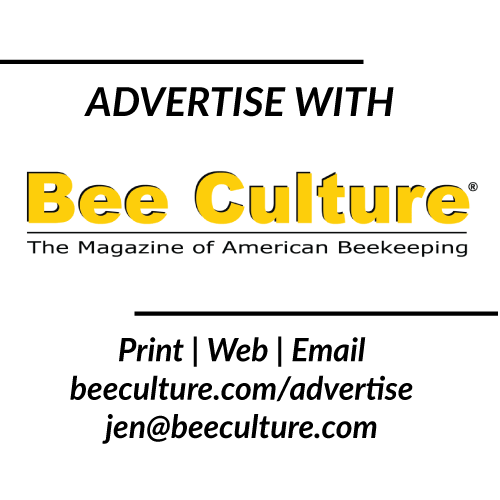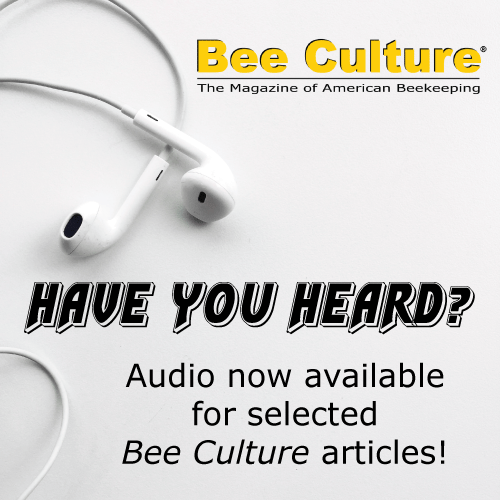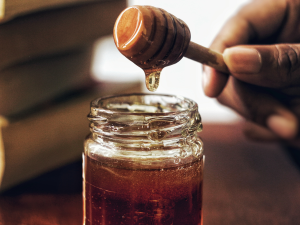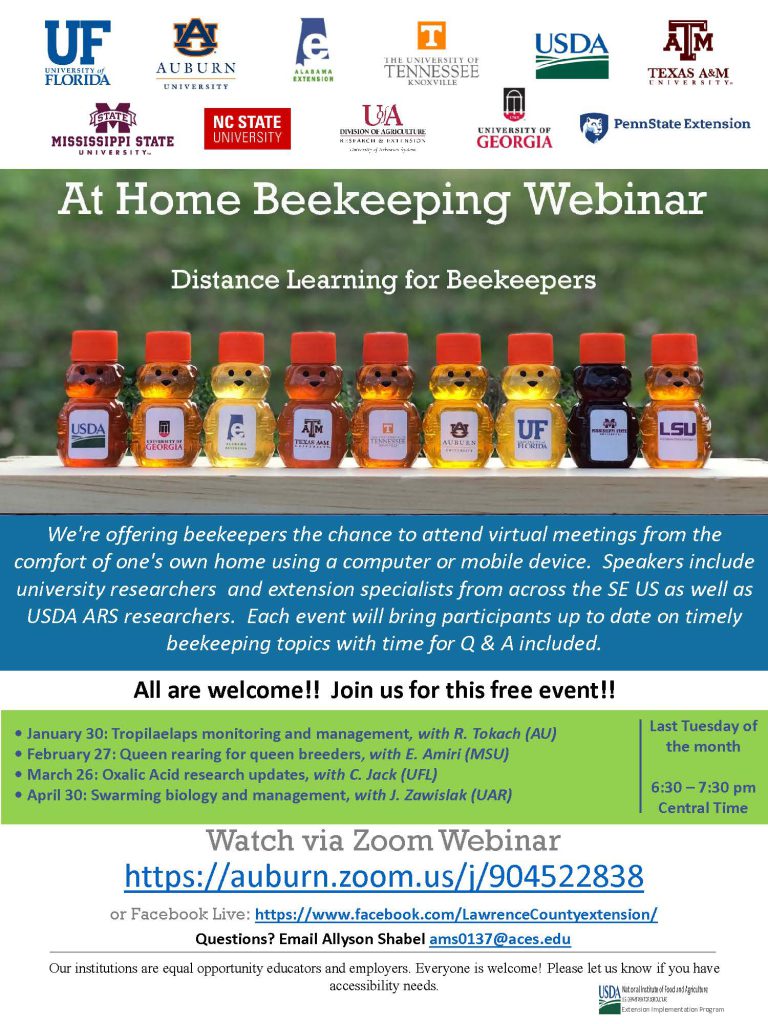(From our friends in England)
Honey bees aren’t an endangered species; they’re causing chaos
Yes, everyone loves them and keeping them has become a green hobby, but they’d feel differently if a swarm besieged their home

Antonia Hoyle: ‘I frantically vacuumed them up and deposited them outside as fast as they arrived’ CREDIT: Geoff Pugh for The Telegraph
For days, there were only a few, upstairs – blown in through a window, I assumed, by the late spring breeze. But then more came downstairs, gaining ominously in number until one morning three weeks ago, I walked into the living room to find hundreds of the creatures crawling, seemingly lethargic, over the carpet.
“Wasps!” I wailed to my analyst husband, Chris, who like me is 44. I frantically vacuumed them up and deposited them outside as fast as they arrived, until the pest controller arrived at our location home. Pointing at a cloud of black dots dancing around our third-floor chimney, he corrected me: “You’ve got honey bees.”
Being gatecrashed by sugar plum fairies would have been simpler, and less controversial, to navigate. While not illegal, pesticides permitted to treat honey bees in a domestic setting are strictly limited, ethically questionable, and some pest controllers refuse to deploy them.
Short of advising us to stuff the fireplaces they’d been flying in through, and spend hundreds hiring a cherry picker to send someone up to the roof to physically extract them (with no guarantee of success) there was little he could do, the pest control man apologised, letting us know, for what it was worth, that we are far from alone.
This month beekeepers reported an increase in honeybee swarms – which happen when the old queen departs the hive with half the bees to set up a new home – caused by the sudden change in weather after a long, cold spring.
Usually, this split happens in a “staggered manner,” explains Matthew Richardson, president of the Scottish Beekeepers’ Association, but because of the delay in decent weather “the bees have been queuing up waiting to swarm and they’re all going at once.”
For many, the image might gladden the heart. Chris’s eyes certainly softened when I disclosed the identity of our uninvited guests and our 12-year-old daughter Rosie was delighted: “They’re an endangered species!”
But are they? In recent years, wildlife campaigners have made huge efforts to raise awareness of the importance of bees, of which there are around 270 species in the UK, including 24 species of bumble bees and hundreds of wild solitary bees that nest alone in cavities or underground.
Many are in decline – we have already lost around 13 species, including the short-haired bumblebee, last recorded in 1956, and the great yellow bumblebee in 1974. Another 35 species are currently at risk, with the use of pesticides in farming and destruction of pollen and nectar to feed off largely to blame – the UK has lost 97 per cent of its wildflower meadows since the 1930s.
Concern around honey bees, however, seems to stem from 2007, when an unexplained condition called colony collapse disorder (CCD), in which worker bees in a honey bee colony disappear, was officially recognised. Colony losses were reported in America and Europe and the potential impact on agriculture – according to the United Nations’ Food and Agriculture Organization (FAO), the global value of global crops pollinated by honey bees in 2005 was estimated at over £150bn – was huge.
Within a decade, the threat of CCD seemingly passed, but our passion for honey bees continued, often in cities where beekeeping has become a fashionable “green” hobby. In 2021 UK Google searches for “urban beekeeping” jumped 21 per cent in a year. Celebrities who keep bees, meanwhile, include David Beckham and Jeremy Clarkson and last month a picture of the Princess of Wales wearing a beekeeper’s suit while tending to a hive in her Norfolk estate was released to mark World Bee Day.
“There’s definitely a popular misconception around bees,” says Andrew Whitehouse of insect conservation charity Buglife, who says honey bees are “not endangered, they’re essentially livestock” and believes misunderstandings began when charities such as his own started to raise awareness of the importance of all pollinating insects around 20 years ago: “Perhaps the conservation organisations didn’t explain things properly and well-meaning people reached for the solution which was to increase the number of honey bees.”
At the same time as charities were starting to promote the importance of “wild pollinators,” he adds, CCD was becoming widely known: “I think the two issues were conflated a bit.”
Because honey bees are good at collecting pollen and returning it straight to their hives, they are less efficient at pollinating some plants than wild bees, with whom they compete for pollen. And honey bee hives are bigger than most……
To read the complete article go to;
Honey bees aren’t an endangered species; they’re causing chaos (telegraph.co.uk)
We are here to share current happenings in the bee industry. Bee Culture gathers and shares articles published by outside sources. For more information about this specific article, please visit the original publish source: Honey bees aren’t an endangered species; they’re causing chaos (telegraph.co.uk)








